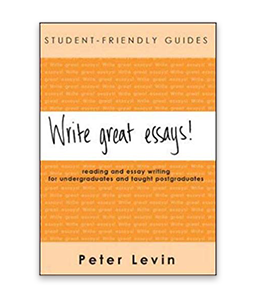- My Library Account
- Collections

Collections
The Library provides access to books, electronic resources, archives, special collections, and more to support your learning and research.
- Research

Research
The Library is committed to supporting your research needs with expert guidance and resources.
- Studying
- Academic Skills Service for Students
- Academic Writing Centre
- Assistive Technology Area
- Borrowing Limits, Lost Books & Fines
- Digital Literacy
- Equipment & More
- Group Study Rooms
- Library & IT Service Desk
- MakerSpace for Students
- Past Exam Papers
- Photocopying & Printing
- Shannon College Library
- Study Spaces
- Using Other Libraries

Studying
The Library has all the resources and supports you need to be successful in your studies at undergraduate and postgraduate level. Whether you're just starting your studies or working on your final project, we're here to help.
- Teaching

Teaching
We are here to help lecturers and academic staff deliver quality teaching and support their students' success.
- About

- Workshops & Events
Write Great Essays Review
Peter Levin. Write Great Essays! Reading and Essay Writing for Undergraduates and Taught Postgraduates. Berkshire, England: Open University Press, 2007
Review by Órla Ryan

Write Great Essays! offers practical advice on efficient strategies for reading, note-taking, avoiding unconscious plagiarism, and simplifying 'academic speak'.
Levin breaks down academic learning into three stages: selecting and copying, translating, and, finally, digesting or 'engaging' with the subject (12). In a bid to combat the fear of ‘monster reading lists’, he advises students to concentrate on essential reading and search for the most up-to-date sources (16). Students can manage their time by choosing one of Levin’s four reading strategies, namely, 'exploratory' (an overall summary of the text), 'dedicated' (digesting a book that is necessary for an exam), 'targeted' (looking for something specific), and 'compulsive' (whereby you become so engrossed in a book you cannot put it down) (20). Students are also urged to consider the following questions before they begin to read: What are the key terms of the topic? Does the essay title include a direct question or a statement? Does it ask you to discuss the subject, carry out a task or solve a problem? (46). Answering these questions helps to write a more focused essay.
Levin goes on to discuss the structure and layout of an essay and he explores the use of headings and sub-headings within the body of an assignment (page 74). He discusses writing style and the use of quotations (78). He encourages the use of formal terms and provides alternatives for colloquialisms (84). For example, he would replace the word 'things' with 'units', 'elements' or 'factors'.
Levin puts the ‘bewildering’ amount of different referencing styles into perspective by urging all students to keep a detailed list of their sources throughout the reading and writing processes (91). This will prevent unintentional plagiarism.
The book itself is quite short. This means that it is very readable and accessible. However, some areas, such as the use of quotations, are not fully developed. It is a good starting point for a student who is new to writing academic essays.
As part of the Student Friendly Guides series, Levin has also written Excellent Dissertations! Successful Teamwork! and Perfect Presentations!











